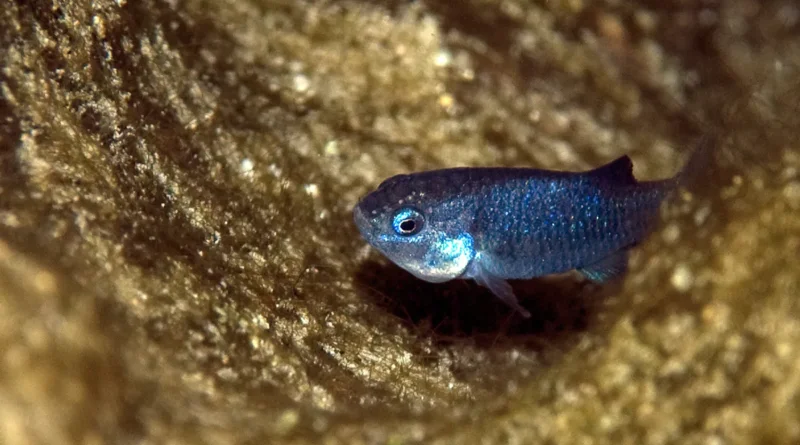A new joint study by American and Canadian scientists, published in the journal Aging Cell, provided insight into the effects of calorie restriction on human telomeres. Telomeres, which serve as protective caps at the ends of chromosomes, play a critical role in cellular aging and the overall integrity of chromosomes. The results of the study cast doubt on the direct positive expectations observed in animal models.

The research is part of the ongoing CALERIE (Comprehensive Evaluation of Long-Term Effects of Energy Reduction) project in the US, which is investigating whether the positive results of caloric restriction seen in animals can be replicated in humans. Healthy obese people aged 21 to 50 with a body mass index of 22 to 27,9 participate in the project. These participants agreed to reduce their calorie intake by 25% over two years.
Preliminary results from the CALERIE project showed that after two years, participants demonstrated a slowing of biological aging based on analysis of blood composition, immunological and epigenetic data. The current study specifically looked at how this reduction in calorie intake affected telomere length over time.
Dr. Waylon Hastings of the University of Pennsylvania, one of the authors of the study, explained that calorie restriction affects cellular metabolism, reducing the production of waste products and thus oxidative stress, which can damage DNA. In theory, this should protect telomeres from premature shortening.
In this extended study, scientists analyzed telomere length in blood samples from 175 participants at three time intervals: at the beginning, after one year, and at the end of the study. They found that during the first year that the participants lost weight, their telomeres shortened faster than those in the control group. This was contrary to expectations, as it suggested an acceleration of cellular aging processes in the initial phase of caloric restriction.
However, after this initial phase, when the participants' weight stabilized, the rate of telomere shortening in the calorie-restricted group slowed significantly and by the end of the study approached that of the control group. After two years, the difference in telomere length between the two groups was not statistically significant.
Professor Idan Shalev, another co-author of the study, emphasized that the dynamics of telomere length is complex and not as predictable with caloric restriction as previously believed. He noted that while initial results suggest faster telomere loss with calorie reduction, this process appears to stabilize with further restriction and weight stabilization.
The research team plans to continue following the participants to understand how telomere length affects them over a longer period of time, possibly up to ten years. These long-term data will be critical to fully understanding the effects of caloric restriction on human aging.
Although the initial results present a mixed picture, they contribute significantly to our understanding of the complex relationship between diet, cellular aging, and overall health. These findings also emphasize the importance of long-term studies to unravel the true effects of dietary interventions on aging and longevity.


 1025
1025











